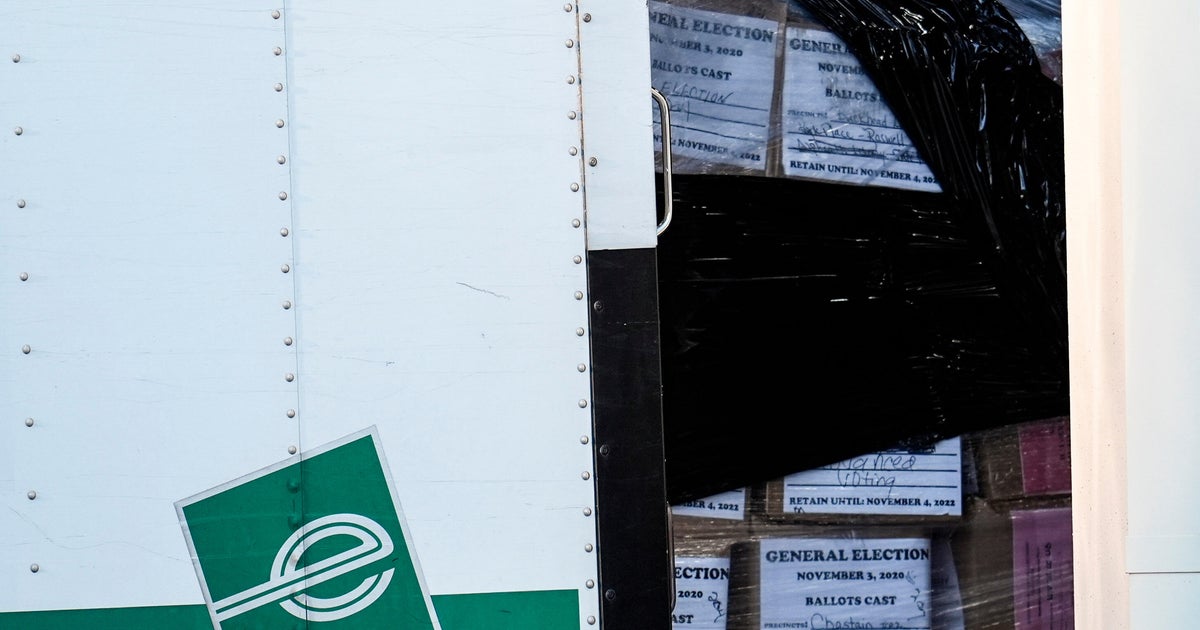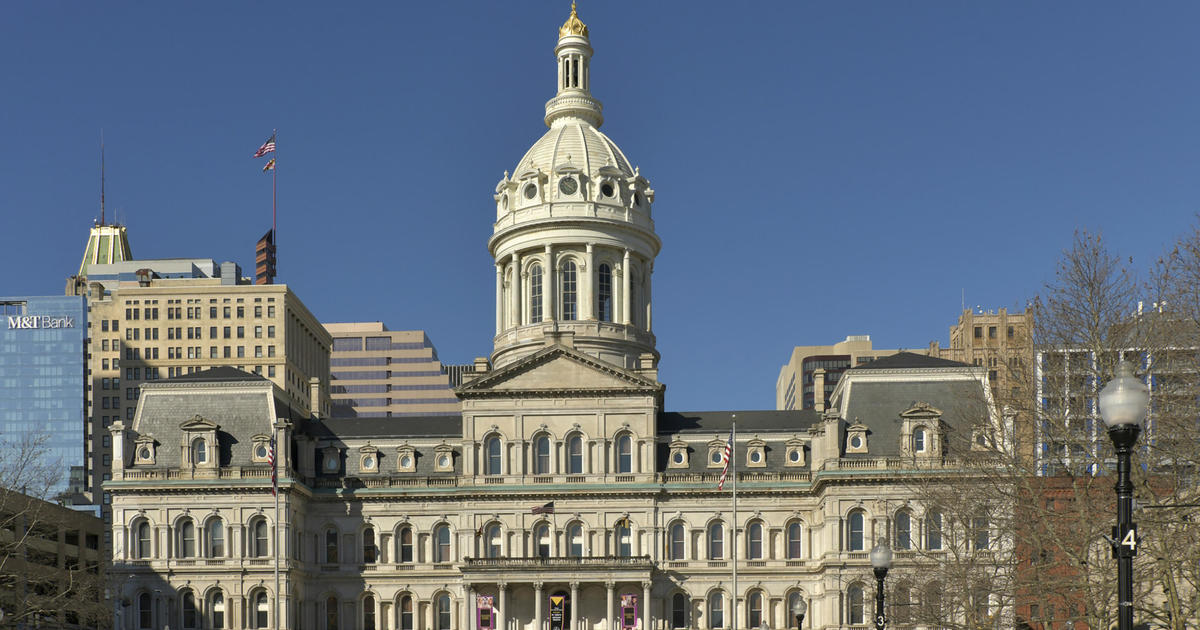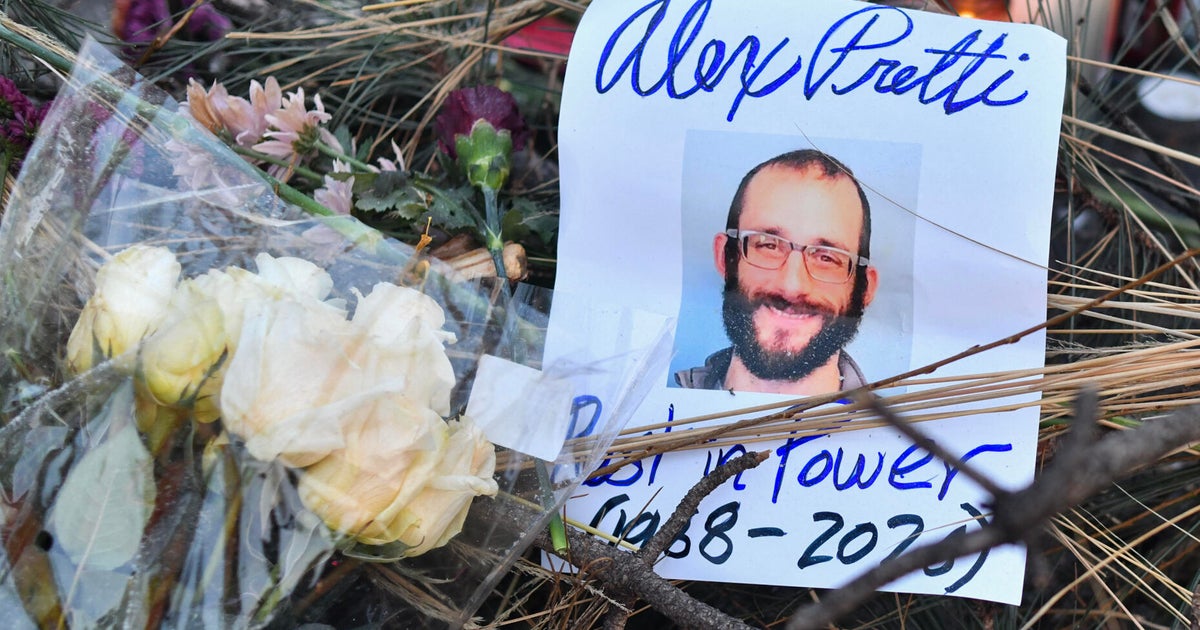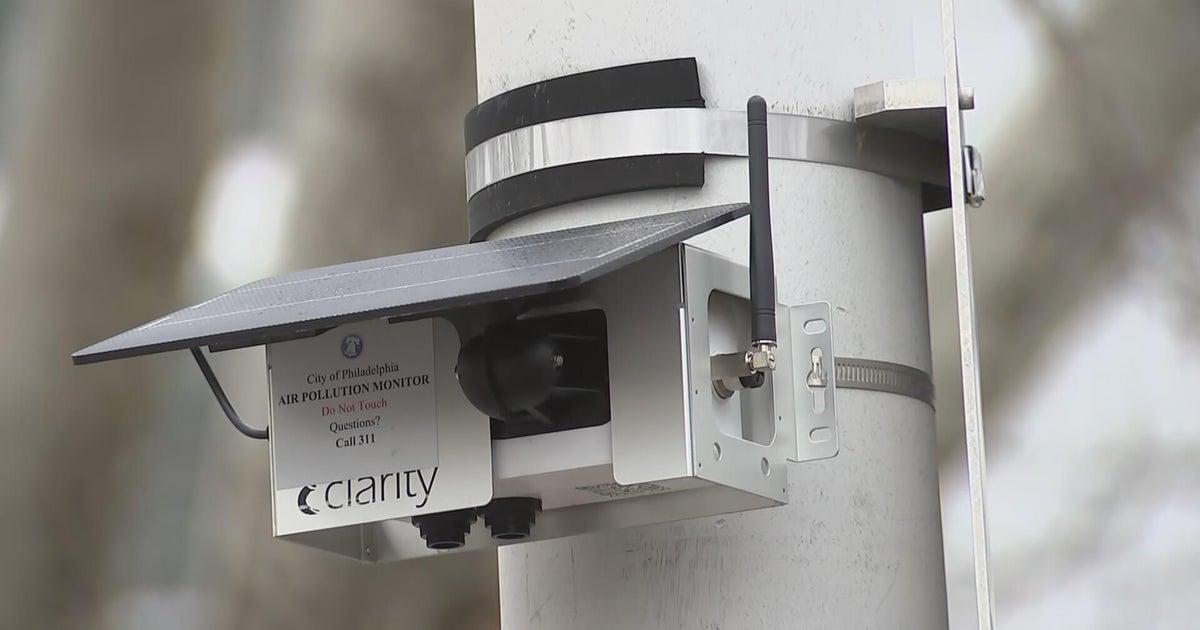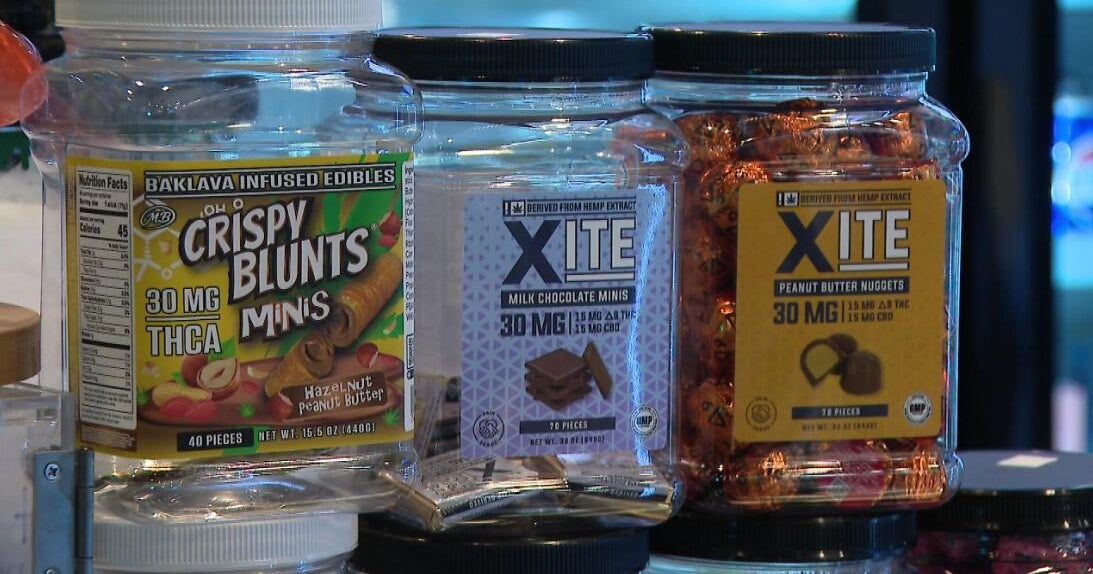Baltimore suing cargo ship's owner, operator in Key Bridge collapse; FBI launches investigation
BALTIMORE -- Baltimore City is taking legal action against entities it deems responsible for the deadly collapse of the Francis Scott Key Bridge, and the FBI has opened an investigation into the disaster.
The bridge crumbled nearly three weeks ago after its support column was struck by a malfunctioning cargo ship in the early morning hours of March 26, sending eight construction workers into the Patapsco River below, killing six of them.
Baltimore Mayor Brandon Scott on Monday announced the city partnered with two high-profile trial law firms to take legal action against those responsible for the tragedy, including the ship's owner, charterer, operator, manufacturer and other parties.
The mayor said the effort is to mitigate the immediate and long-term harm caused to Baltimore's residents, like the families of the victims, workers in the Port of Baltimore, and those who used the bridge every day. It is not clear how much in damages the city seeks.
"We are continuing to do everything in our power to support everyone impacted here and will continue to recognize the human impact this event has had," the mayor said in a statement. "Part of that work needs to be seeking recourse from those who may potentially be responsible, and with the ship's owner filing a petition to limit its liability mere days after the incident, we need to act equally as quickly to protect the City's interests."
Dali owner aims to dodge liability
The Dali is owned by Grace Ocean Private, a Singapore-based company that provides water transportation services and is managed by Synergy Marine Group, a Singapore-based charter vessel company with over 660 ships under technical management, according to its website.
Perhaps anticipating a wave of lawsuits, Grace Ocean Private and Synergy Marine Group took steps about a week after the collapse to limit their liability for the crash.
In a six-page preemptive filing in the U.S. District Court in Baltimore, the companies evoked the Limitation of Liability Act of 1851, in which a shipowner can try to limit the amount they have to pay if their ship is involved in an accident; that limit would equal the value of the ship.
The filing notes that the pending freight at the time of the voyage was estimated at $1.17 million.
The ship was chartered by Danish shipping giant Maersk at the time of the incident.
FBI opens investigation into crash
Federal law enforcement authorities are investigating what led up to the Key Bridge collapse, according to two people familiar with the matter. The FBI said it currently has agents on the Dali, which still sits at the accident site, but did not offer any further information.
"FBI is present aboard the cargo ship Dali conducting court authorized law enforcement activity," the agency said. "There is no other public information available and we will have no further comment."
The investigation is being conducted by Maryland's U.S. Attorney's Office and the FBI. The Washington Post was the first to report the news of the federal investigation.
In a statement released Monday, the U.S. Attorney in Maryland, Erek Barron, said, "My office generally will not confirm the existence of or otherwise comment about investigations. However, the public should know, whether it's gun violence, civil rights abuse, financial fraud, or any other threat to public safety or property, we will seek accountability for anyone who may be responsible."
Attorneys for the corporation that owns the Dali did not immediately respond to CBS News' request for comment.
What caused the crash into the bridge?
The chair of the National Transportation Safety Board told Congress last week the agency is focusing on the ship's electrical system in its investigation into the crash. The NTSB probe appears to be separate from the FBI's.
An unclassified memo issued by CISA, the Cybersecurity and Infrastructure Security Agency, said the ship reportedly lost propulsion at the time of the crash.
The NTSB identified Hyundai as the manufacturer of the ship's power and brake system. The agency expects the preliminary report on the collapse to be released by the first week of May.
The agency is also interviewing the ship's crew, examining the voyage data recorder, and assessing the bridge's design.
Salvage and recovery efforts continue
Dozens of containers are being removed from the Dali cargo ship as salvage operations continue. The U.S. Army Corps of Engineers, leading the salvage effort, is prioritizing clearing the Fort McHenry Channel to resume operations at the Port of Baltimore.
Container removal is critical in moving the pinned ship, which has tons of mangled steel on its bow. Engineers aim to remove 178 containers to refloat the Dali.
Two temporary passageways were created for smaller commercial and essential ships and barges. At least 69 vessels have traveled through those channels. A third, deeper channel is expected to open this month, allowing most vessels into the port.
Two bodies remain missing after the collapse.
So far, crews have recovered the bodies of 35-year-old Maynor Yasir Suazo-Sandoval, 35-year-old Alejandro Hernandez Fuentes and 26-year-old Dorlian Castillo Cabrera, and another man who was recovered on Sunday and is yet to be identified.
The men were repairing potholes on the bridge when it collapsed and they were knocked into the river.
